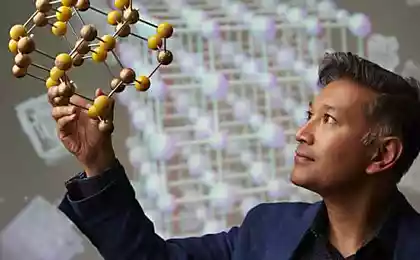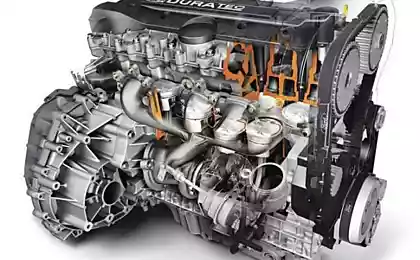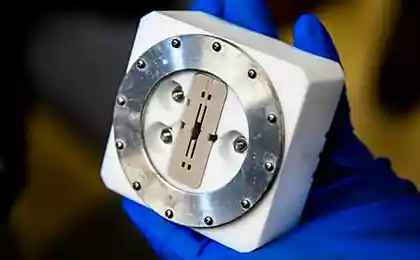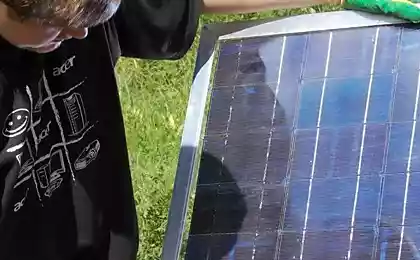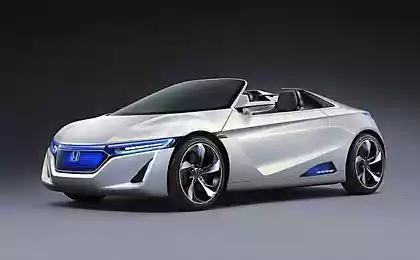842
Stanford is experimenting with carbon coating for lithium batteries
Researchers Stenfordoskogo University published an article in Nature on the development of more efficient lithium battery with a new carbon coating.

In announcement article states that the anode coating monolayer associated hollow carbon nanospheres of amorphous allows you to isolate lithium deposits and promotes the formation of a stable solid electrolyte interphase. As a result, lithium dendrites are formed to the practical current density of 1 mA / cm 2 sup>, and Coulomb efficiency < / a> (charging efficiency) increases to ~ 99% for more than 150 cycles of charging. This is significantly better than the unmodified uncoated samples which typically show a rapid attenuation in less than 100 cycles.
One of the authors, Steven Chu, former US Secretary of Energy, said that mobile phones with such batteries will work in two to three times longer, and electric cars will be cheaper. However, while this scientific development, so before mass production is still far away.
via Engadget
Source: habrahabr.ru/post/231271/

In announcement article states that the anode coating monolayer associated hollow carbon nanospheres of amorphous allows you to isolate lithium deposits and promotes the formation of a stable solid electrolyte interphase. As a result, lithium dendrites are formed to the practical current density of 1 mA / cm 2 sup>, and Coulomb efficiency < / a> (charging efficiency) increases to ~ 99% for more than 150 cycles of charging. This is significantly better than the unmodified uncoated samples which typically show a rapid attenuation in less than 100 cycles.
One of the authors, Steven Chu, former US Secretary of Energy, said that mobile phones with such batteries will work in two to three times longer, and electric cars will be cheaper. However, while this scientific development, so before mass production is still far away.
via Engadget
Source: habrahabr.ru/post/231271/
Smartphone LG G3 and watch LG G Watch: tested on humans
"Roskosmos" briefly lost control of the satellite from the geckos on board











